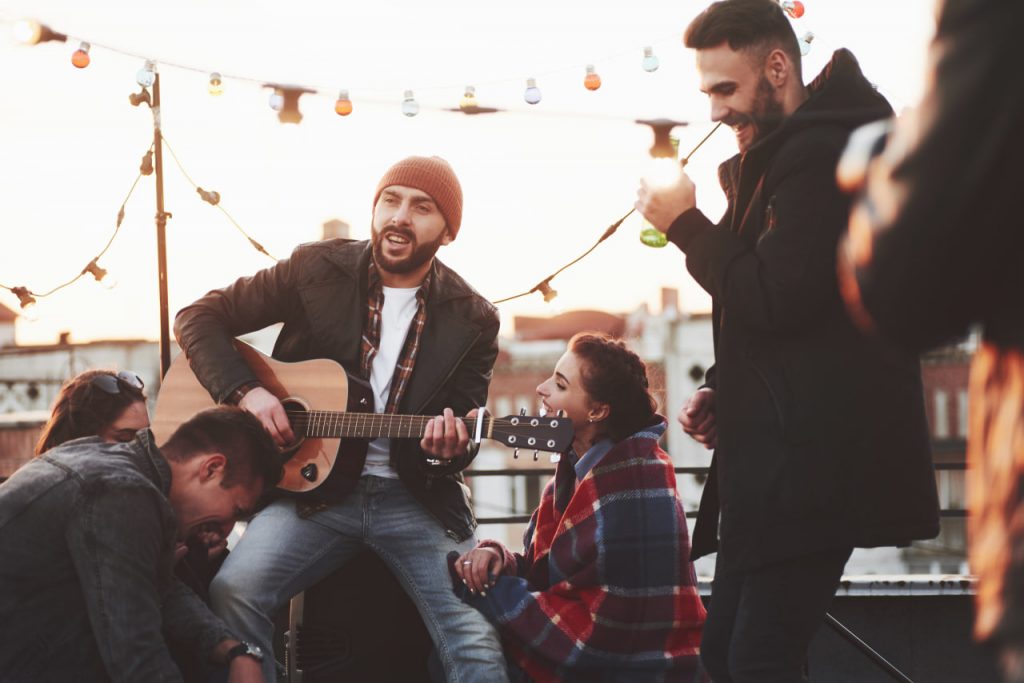As someone who works in community arts and education, I’ve spent years exploring the history and heritage of the African diaspora. I’ve led classes on ancestral rhythms, oral traditions, and protest songs—but I’ve always wrestled with one question:
How do we make heritage relevant to younger generations without diluting its meaning?
That question is what led me to Folk Song Reboot. I heard about the program from a colleague who described it as “a creative lab for reviving folk songs without museum-izing them.” I was intrigued—and honestly, a bit cautious. Too often, attempts to “modernize” traditional culture fall into gimmick or appropriation. But this was different.
At the workshop I attended, we weren’t just singing songs. We were listening to them—unpacking their histories, their social roots, the struggles that shaped them. Then we were invited to respond to them creatively: rearrange them, sample them, speak back to them. I worked on a reinterpretation of a South Carolina ring shout—layering spoken word reflections on cultural memory over a reworked rhythm pattern we developed as a group.
It didn’t feel like I was performing history.
It felt like I was continuing it.
That, to me, is the heart of what Folk Song Reboot does: it treats tradition not as a fixed object but as something living, evolving, and deeply personal. It gives artists and educators the tools to engage with cultural material critically and creatively.
I’ve already brought these practices into my classroom. My students are now working on their own folk fusion pieces—pulling from family stories, ancestral melodies, and contemporary genres. They’re not just learning music theory—they’re finding identity, pride, and purpose.
In a time when so many feel disconnected from their roots, Folk Song Reboot offers something rare: a bridge back to where we came from, and a path forward into who we want to become.

